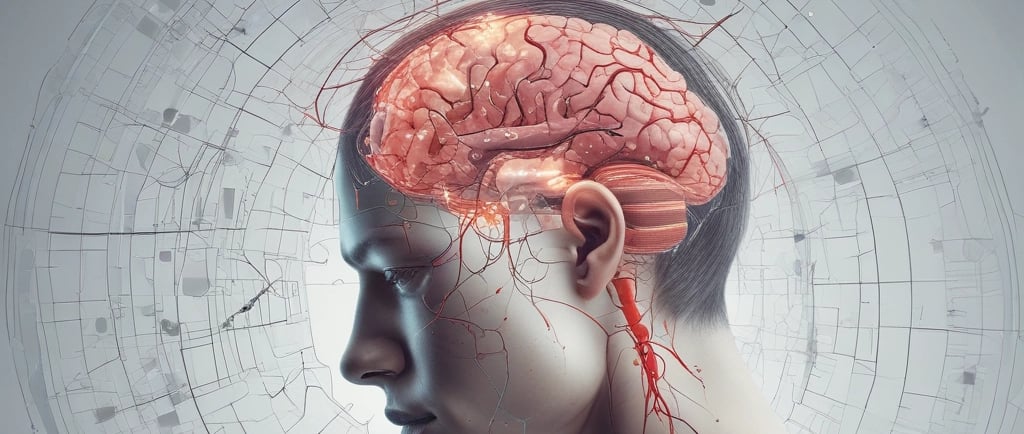Trauma, Brain Injury, and Mental Health: Reframing Recovery with a Neuropsychological Lens
Trauma, whether emotional or physical, alters the brain in lasting ways. This post examines how neuropsychology can clarify the hidden impact of trauma and brain injury, helping individuals receive accurate diagnoses and effective care. Explore the science behind trauma-related brain changes, the risks of misdiagnosis, and how culturally responsive neuropsychological assessment can guide recovery with dignity and purpose.
Luis Efren Aguilar, Psy.D.


Trauma changes the brain, and not just metaphorically. The experience of trauma, whether physical (e.g., a blow to the head), emotional (e.g., abuse), or psychological (e.g., chronic stress), results in neurobiological changes that can affect cognition, mood, and behavior.
Understanding the Brain After Trauma
Scientific studies reveal that trauma causes:
Amygdala hyperactivation, increasing fear and anxiety
Hippocampal shrinkage, affecting memory and contextual understanding
Prefrontal cortex suppression, impairing decision-making and impulse control
These changes can lead to memory problems, mood swings, difficulties concentrating, and sleep disturbances. In TBI, even a mild injury can trigger long-term deficits in executive functioning, emotional regulation, and self-awareness.
The Risk of Misdiagnosis
For marginalized individuals, veterans, immigrants, or low-income communities, symptoms of trauma or brain injury may be misattributed to behavioral issues or psychiatric diagnoses. For example:
A TBI survivor may be labeled as defiant or disengaged in therapy
A PTSD patient may be wrongly diagnosed with bipolar disorder or borderline personality disorder
These diagnostic errors can derail treatment and worsen outcomes.
The Role of Neuropsychological Assessment
Neuropsychologists are trained to distinguish between cognitive, emotional, and behavioral symptoms. Assessments provide a roadmap for:
Rehabilitation strategies
Cognitive-behavioral interventions
Vocational recommendations
Legal evaluations for disability or compensation
Restoring Dignity and Function
Recovery from trauma is not about "going back to normal," it’s about finding a new normal with support, tools, and validation. Cognitive retraining, trauma-focused therapy, and culturally sensitive care can help individuals reclaim agency over their lives.
Resources:
Bryant, R. A. (2019). PTSD: A State-of-the-Art Review. World Psychiatry
Bigler, E. D. (2013). Neuroimaging and Neurodegeneration. Frontiers in Human Neuroscience
© 2025 Unity Neurobehavioral Health. All rights reserved.


Office Location
(By Appointment Only)
Physical Address: 118 West Lime Avenue, Suite 101, Monrovia, CA 91016
Telephone: (626) 321-2889
Fax: (626) 593-4199
Email: info@unityneuro.com
